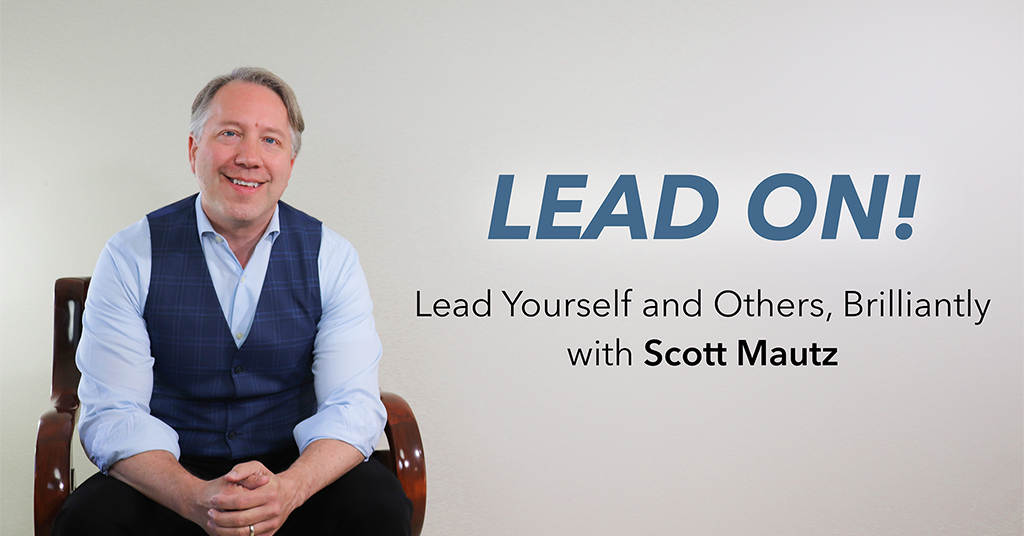
INSIGHTS (on leadership/self-leadership)
• Research shows an incredible 10% of our thoughts center just on comparisons, most often of ourselves to others. The vast majority of these personal comparisons are irrelevant and lead to unwarranted feelings of inadequacy and self-doubt. The issue is intensified by how we tend to think about our difference versus others. Too often we believe our differences make us lesser than, when in truth, they make us greater than. Sometimes, the enemy is the internal me. The only comparison that matters is to who you were yesterday and whether or not you’re becoming a better version of yourself.
IMPERFECTIONS (a mistake I’ve made)
• I’ve been guilty before of letting unhelpful assumptions constrict my world view. Assumptions become beliefs. Beliefs become convictions. Convictions form damaging habits. It’s important to step back and periodically challenge the assumptions you’re making in your work, and life. I’ve learned to remind myself to “think like a science teacher.” Assumptions are essentially hypotheses. In science, hypotheses are either accepted or refuted with proof. Call out assumptions you’re making and ask yourself, “Has this actually been proven, and even if so, does it still hold true?” Odds are it’s not proof that’s driving your unhelpful assumption, it’s some form of limiting belief.
IMPLEMENTATION (one research-backed strategy, tip, or tool)
• To make new work requested of you more palatable, use the Bermuda Triangle of Bargaining. There are three variables to anything you’re asked to do – time, resources, and scope. These three points form a devious triangle into which effort can quickly and mysteriously disappear (like the infamous Bermuda Triangle) without proper balance across them. A fair and effective way to push back is to negotiate for variances. You can do the full scope of that new project with the agreed-upon resources, as long as you get twice the amount of time. Or you can meet that deadline and budget, as long as the scope of what’s requested is scaled back. And so on – you get the idea. To be fair, stubborn work requestors might not change their ask, even after you use the Triangle. But at least they’ll have heightened awareness of the difficulty of what they’re asking, which can scale down their future asks.




Leave a Reply